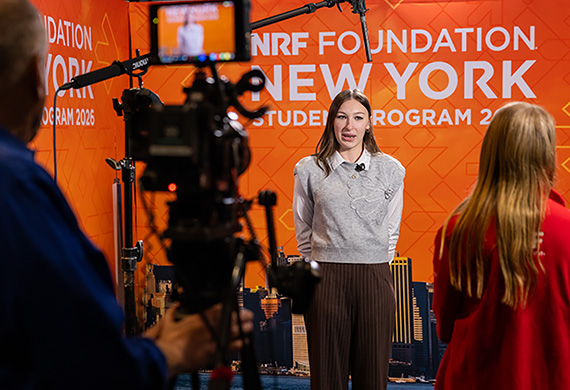New York State HERO Act
Dear faculty and staff colleagues,
We are writing to inform you that the New York State Department of Health recently designated COVID-19 as an airborne infectious disease, which requires implementation of the College’s HERO Act prevention plan.
The Health and Essential Rights Act (HERO Act) was signed into law on May 5, 2021. The purpose of the HERO Act is to protect employees against exposure and disease during a future airborne infectious disease outbreak.
To comply with the requirements of the HERO Act, Marist College has adopted New York State Department of Labor’s HERO Act model for Private Education. Please click here to view this plan. As you know, since the onset of the COVID pandemic in March 2020, Marist has complied with guidance from New York State and utilized guidance from the Centers for Disease Control and Prevention, and our own medical and scientific staff to implement safety protocols that prioritize the health and safety of all members of our community. The HERO Act plan builds upon this model and includes the following:
- Starting on Thursday, September 16, all employees must complete a mandatory health screening in MyMarist, prior to their arrival on campus each day.
- This process will be very similar to the one used for academic year 2020-21. Employees who reside on Marist campus should complete this survey prior to beginning their work day. If an employee is ill or fails the health attestation they must stay home, contact their healthcare provider, and notify their supervisor.
- As a reminder, effective August 16, Marist instituted a face mask requirement for all individuals inside academic or administrative buildings regardless of vaccine status. This requirement remains in place and must be followed as part of the HERO Act.
- Marist has updated its COVID-19 training module to apply to the HERO Act and further educate employees on its safety plan. Employees are encouraged to view this training beginning on Friday, September 17 in MyMarist.
The HERO Act prohibits discrimination and retaliation if an employee reports violations of the Act; reports airborne infectious disease exposure concerns; or refuses to work if the employee reasonably believes there to be unreasonable risk of exposure to an airborne infectious disease.
If, after reviewing the plan you have any questions, please contact the Office of Human Resources at 845-575-3349.
Sincerely,
Geoff Brackett, Executive Vice President
Thom Wermuth, Vice President of Academic Affairs
Christina Daniele, Vice President of Human Resources



